(November 23, 2024) “GPT-4o would not have happened without the vision, talent, conviction, and determination of @prafdhar (Praful Dhariwal) over a long period of time. That (along with the work of many others) led to what I hope will turn out to be a revolution in how we use computers,” tweeted Sam Altman, CEO of OpenAI, in a public acknowledgment of the driving force behind one of the most groundbreaking innovations in artificial intelligence. Known for his leadership in the AI revolution, Altman’s words carried immense weight, directing global attention to Prafulla Dhariwal, the man whose ingenuity brought GPT-4o to life in May this year.
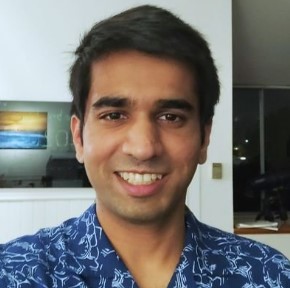
Prafulla Dhariwal
“GPT-4o (o for ‘Omni’) is the first model to come out of the Omni team, OpenAI’s first natively fully multimodal model. This launch was a huge org-wide effort, but I’d like to give a shout out to a few of my awesome team members who made this magical model even possible,” Prafulla had tweeted just days after GPT-4o’s launch. In response, Sam Altman had praised Prafulla’s contributions, while also highlighting the efforts of his team.
As a research scientist at OpenAI, Dhariwal has played a significant role in shaping the company’s most ambitious projects, including GPT-4o—OpenAI’s first fully multimodal AI system. This revolutionary model is already redefining how humans interact with technology, seamlessly integrating text, images, and other media to unlock unprecedented possibilities. But Dhariwal’s journey to becoming one of AI’s most influential minds is as extraordinary as the technology he has helped create. From his early years as a prodigy in Pune, to his current status as a leading figure in Silicon Valley, Dhariwal’s story is all about brilliance, perseverance, and the relentless pursuit of innovation.
From Pune to MIT
Prafulla’s journey began in the culturally rich city of Pune, where his curiosity for technology was evident at an early age. His parents bought him a computer when he was just one-and-a-half years old, and by the time he was 11, Prafulla had already created his first website. He was even featured by the BBC during his school years, owing to the prodigious talent he displayed as a schoolkid. In a 2014 BBC interview, his mother fondly recalled how young Prafulla would sit with his father, exploring the basics of emails and the internet.
This early exposure to technology was complemented by Prafulla’s exceptional academic achievements. In an interview, one of his teachers shared that they often had to give him more advanced math problems, as he quickly solved those typically assigned to children his age.
In 2009, at the age of 12, he won the prestigious National Talent Search Scholarship, a recognition reserved for India’s most promising young minds. That same year, he secured a gold medal at the International Astronomy Olympiad in China. These accolades were just the beginning. By 2012 and 2013, he had added two more gold medals to his name—this time at the International Mathematical Olympiad and the International Physics Olympiad. He got featured in a Pogo ad called ‘Amazing Kid Genius’ and even received a scholarship for a 10-day trip to NASA.
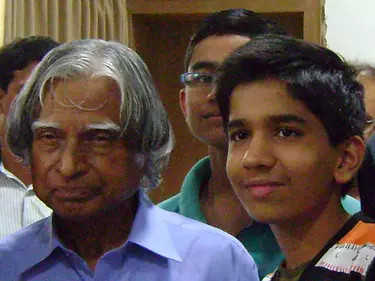
Prafulla wth Dr Abdul Kalam after winning the National Talent Search Scholarship
As a gesture of giving back at that tender age, he trained students of Pune for the Indian National Mathematical Olympiad, teaching them algebra, functional equations, inequalities. designed and graded problem sets in number theory, geometry, and combinatorics.
Prafulla’s academic brilliance continued into his high school years at P Jog Junior College in Pune. He scored 295 out of 300 in physics, chemistry, and mathematics (PCM) in Grade 12 and excelled in competitive exams like the Maharashtra Technical Common Entrance Test (MT-CET) and Joint Entrance Exam (JEE-Mains). Clearing JEE-Mains with flying colours, he had his pick of India’s top engineering institutions. However, a scholarship offer from the Massachusetts Institute of Technology (MIT) sealed his decision. As he later admitted, “It was tough to choose between IIT and MIT, but the scholarship made all the difference.”
Rising through the ranks at OpenAI
While graduating from MIT with a perfect CGPA of 5.0/5.0 in computer science and mathematics, Prafulla Dhariwal gained experience through internships at leading organizations like Pinterest and D.E. Shaw Group. However, the opportunity to join OpenAI in 2016 as a research intern set the stage for his meteoric rise in the field of artificial intelligence. At the end of the internship, he received a pre-placement offer, and has been working at the organization for more than seven years now.
At OpenAI, Prafulla’s initial work focused on generative models and unsupervised learning, areas that would become critical to the development of advanced AI systems. Over the years, he co-created several transformative AI models, including GPT-3: the language model that revolutionized natural language processing, DALL-E 2: a text-to-image platform that showcased AI’s creative potential, Jukebox: a music generator that demonstrated AI’s versatility in art, Glow: a reversible generative model that expanded the horizons of deep learning.
Each of these innovations cemented Prafulla’s reputation as a thought leader in the AI community. But it was GPT-4o, OpenAI’s first natively multimodal model, that truly showcased his vision and technical prowess.
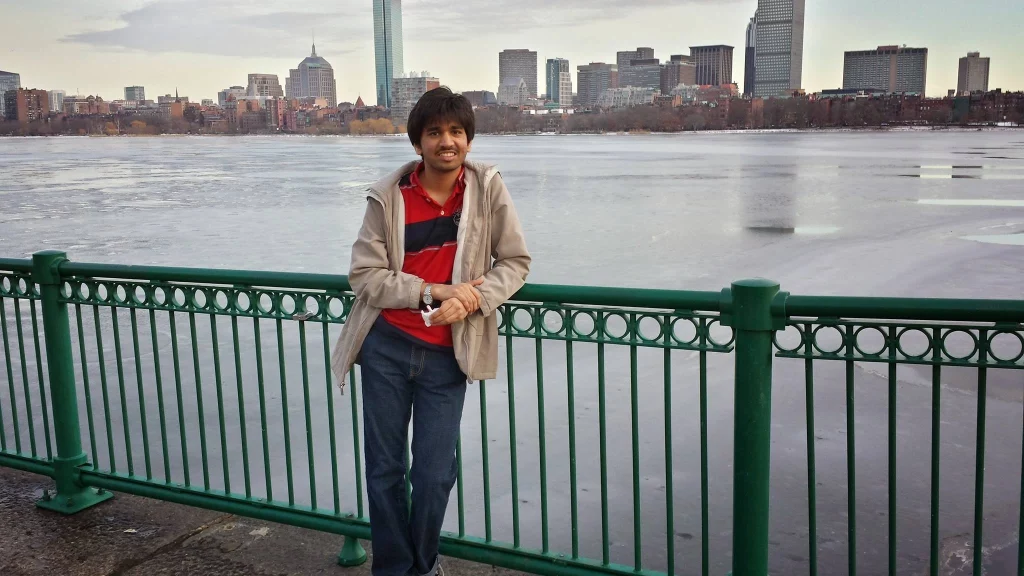
Prafulla during his student days in the U.S.
GPT-4o: Redefining the future of AI
Launched on May 13, 2024, GPT-4o marked a significant leap in artificial intelligence, offering unprecedented multimodal capabilities. The model enables seamless interaction across text, images, and other media, unlocking new possibilities in fields as diverse as healthcare, education, and entertainment. Prafulla’s leadership was instrumental in shaping the model’s development, ensuring it not only pushed technological boundaries but also adhered to ethical principles.
As Prafulla explained in a recent interview, “AI’s true power lies not just in what it can do but in how responsibly it’s used. With GPT-4o, we wanted to create a tool that empowers people while maintaining transparency and trust.”
The impact of GPT-4o has been manganous. From assisting doctors in diagnosing complex medical conditions to enabling visually impaired individuals to interact with digital content more intuitively, the model has demonstrated how AI can enhance human capabilities rather than replace them. Businesses, too, have embraced the technology, using it to streamline workflows, create personalized content, and gain deeper insights into customer behaviour.
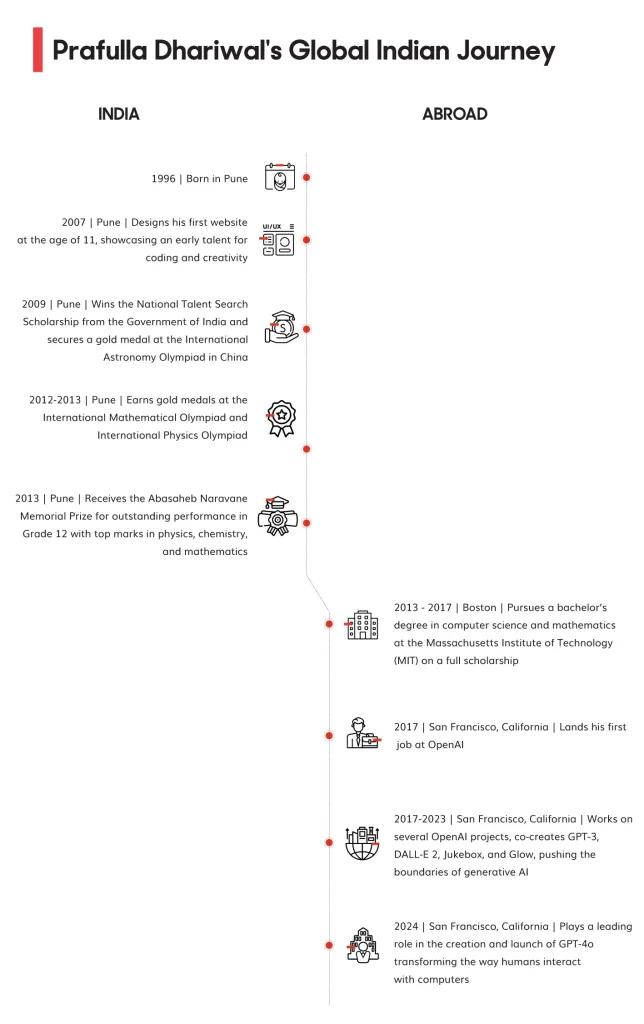
Inspiring the next generation as an AI specialist
Prafulla Dhariwal is part of a growing cohort of Indian-origin scientists making waves in artificial intelligence. These trailblazers share a common thread: a commitment to advancing AI in ways that are both innovative and ethical. Their work reflects India’s long-standing tradition of excellence in mathematics, engineering, and computer science, fields that have produced luminaries like Srinivasa Ramanujan and Homi Bhabha.
For aspiring scientists, Dhariwal’s story is a powerful reminder of what can be achieved through passion, hard work, and a willingness to embrace challenges. From creating his first website as a child to leading the development of one of the most advanced AI models in history, Prafulla Dhariwal’s Global Indian journey depicts the power of dedication and determination.
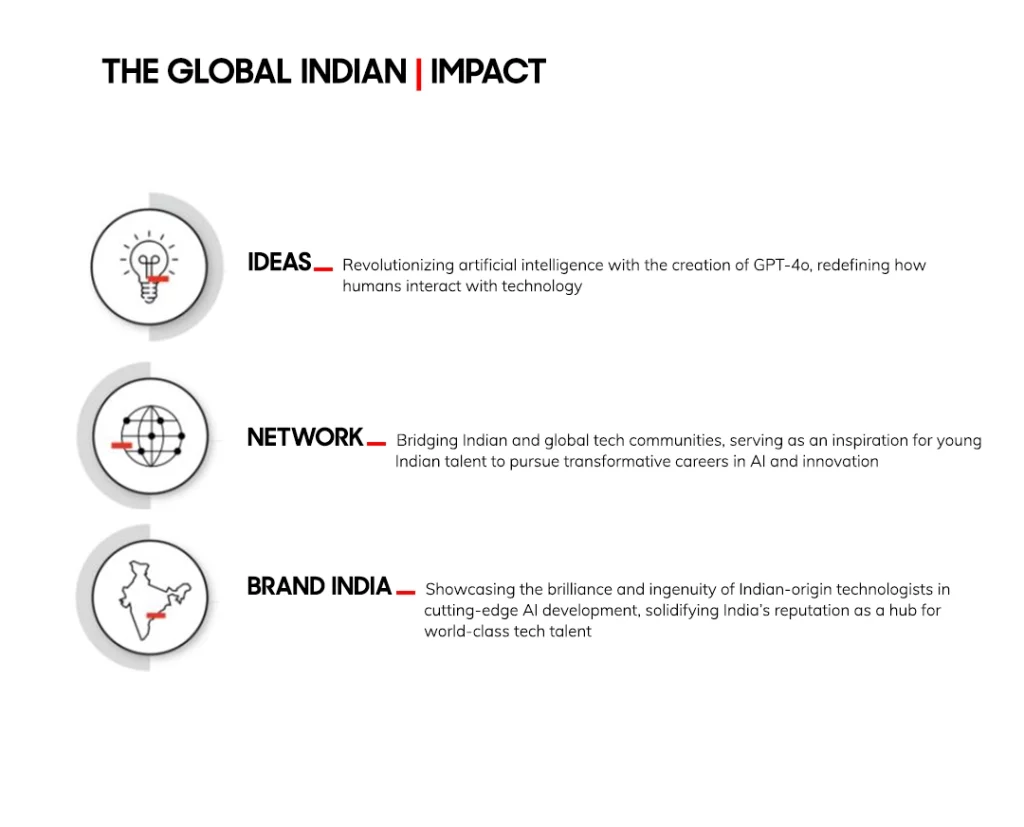
As AI continues to evolve, the world will undoubtedly witness more groundbreaking innovations. For Dhariwal too, the journey is far from over. As he looks to the future, he remains focused on one guiding principle: using AI to make the world a better place. And in his own words, “The best AI is not just intelligent; it’s human-centered. That’s what I strive for.”
- Follow Prafulla Dhariwal on LinkedIn

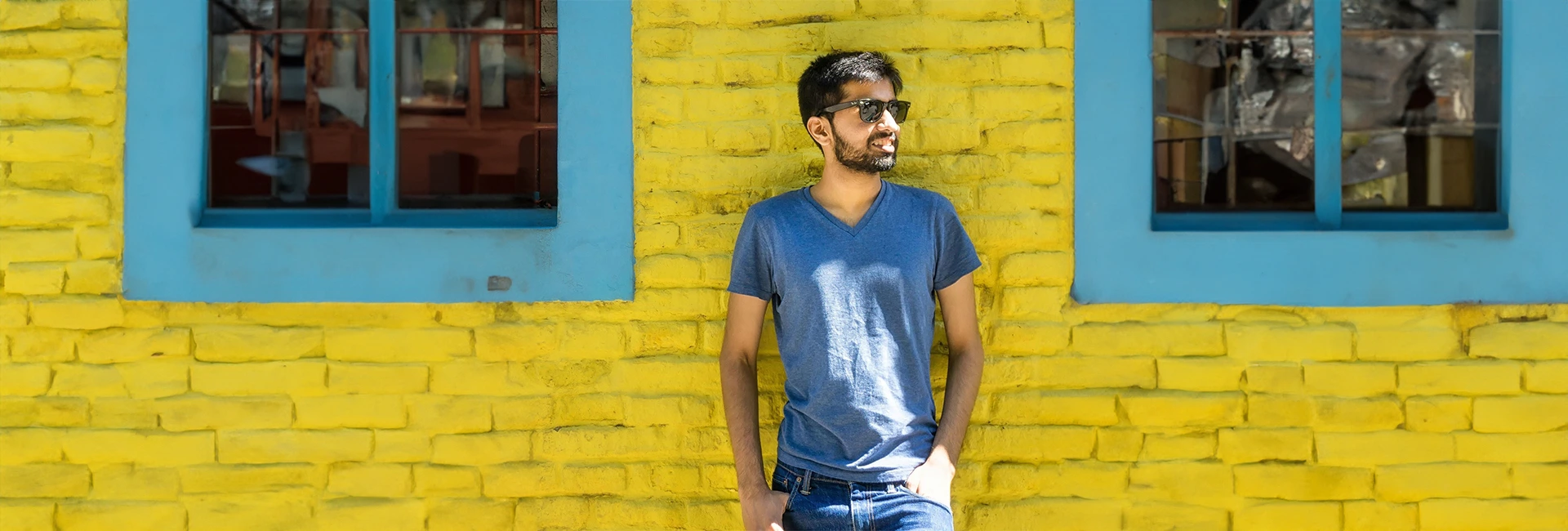
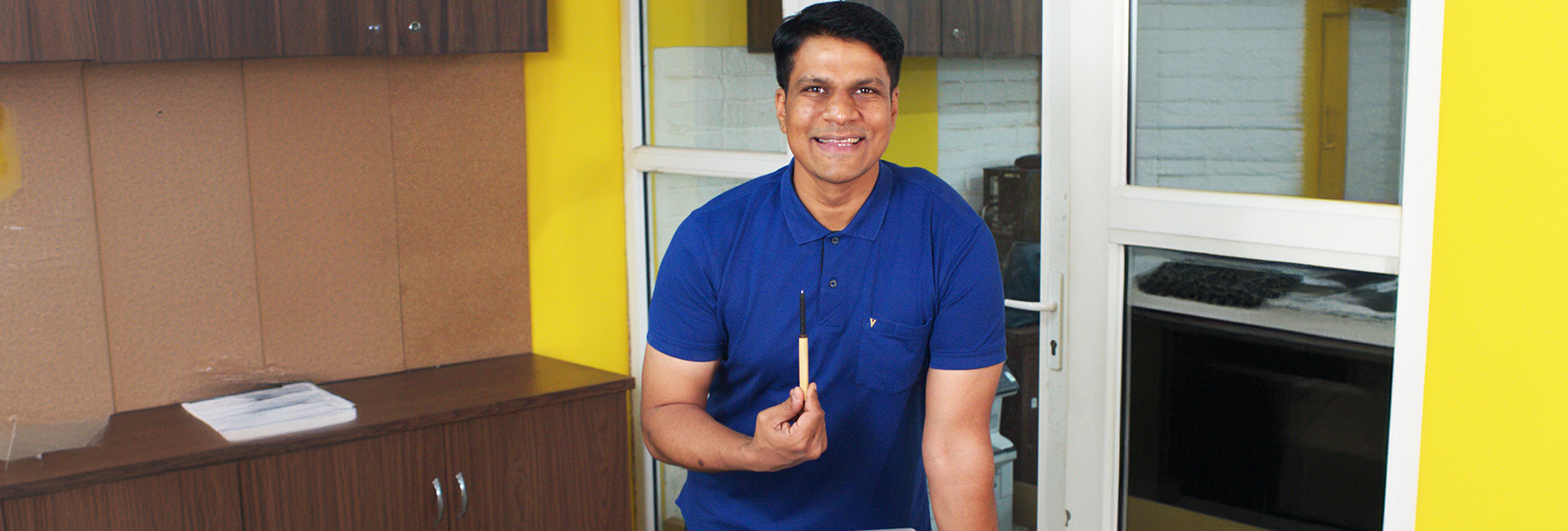
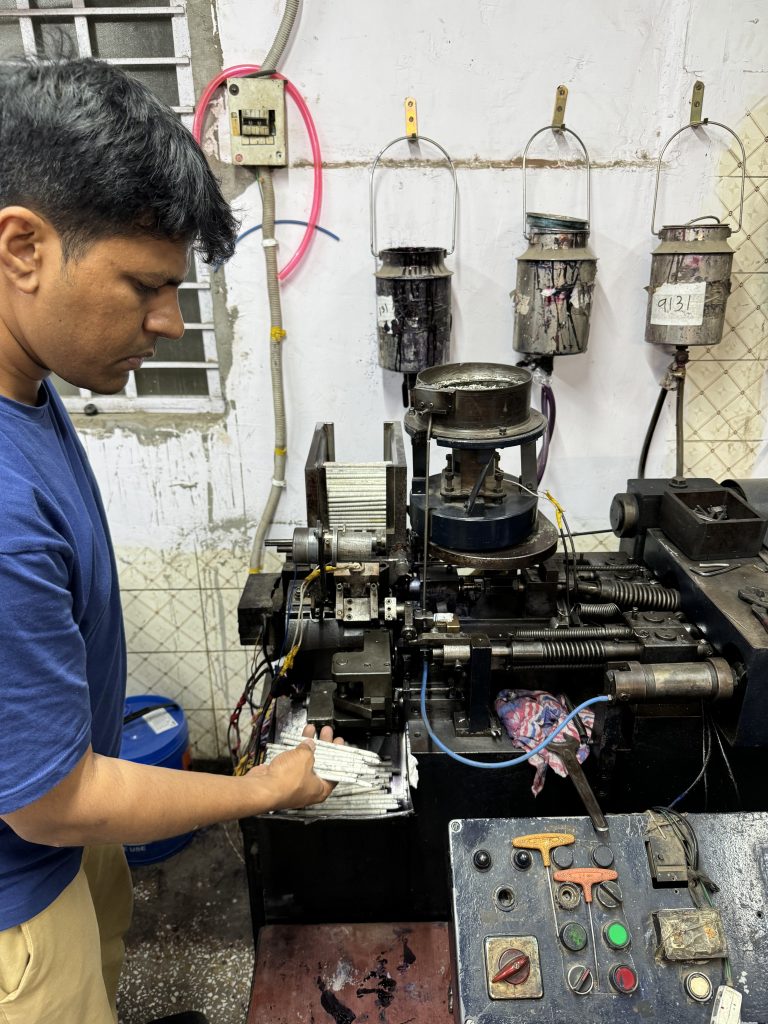
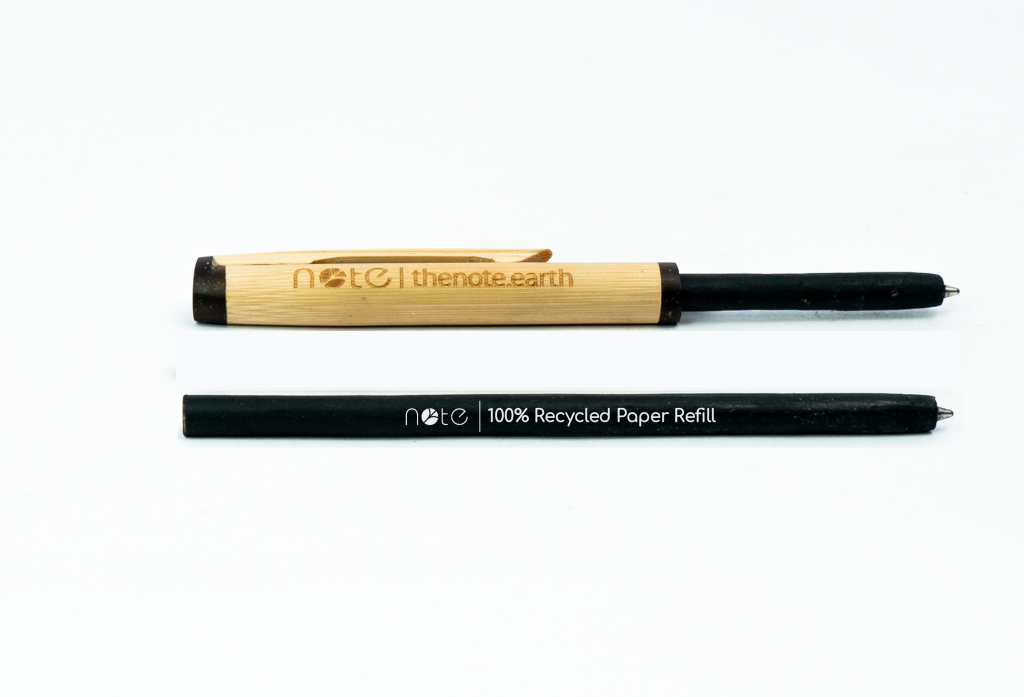 Biodegradable pen and refill[/caption]
Biodegradable pen and refill[/caption]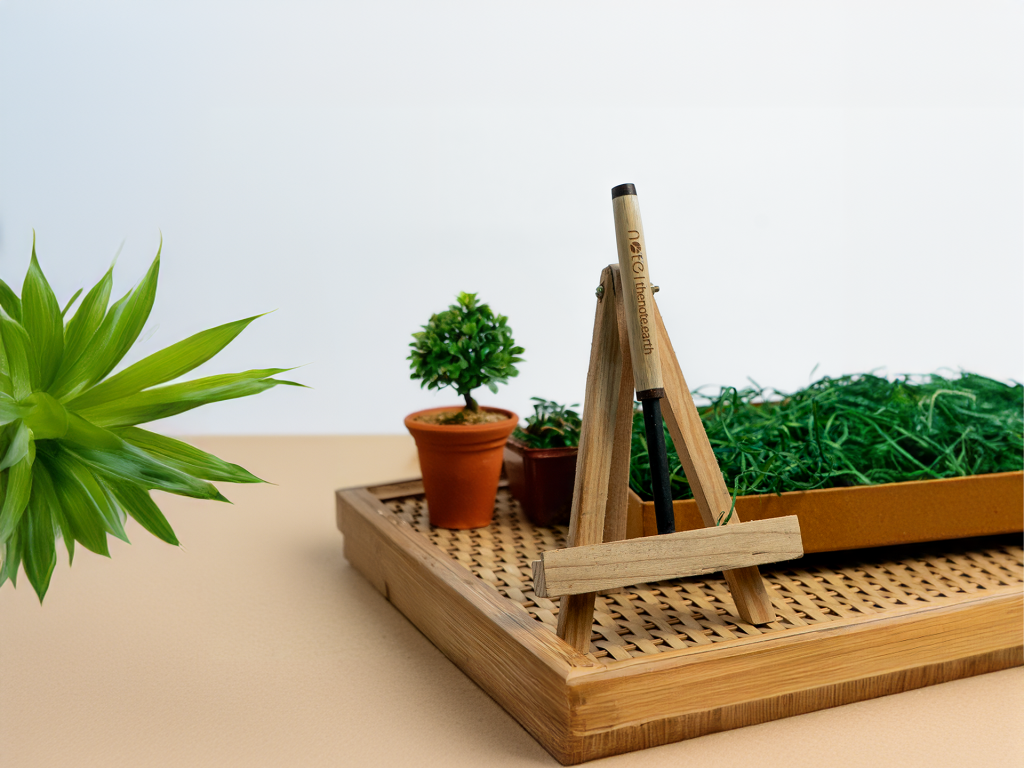
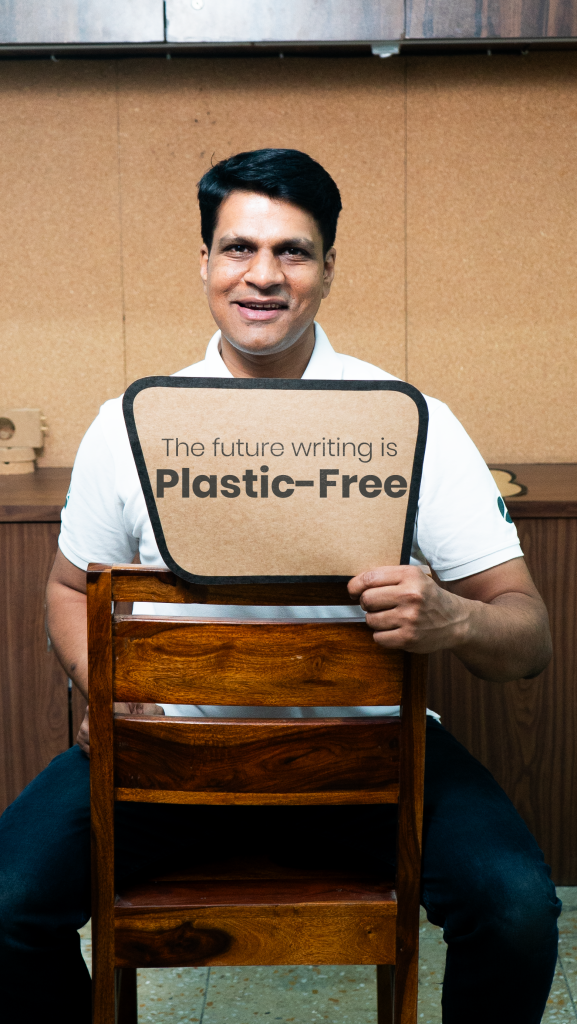
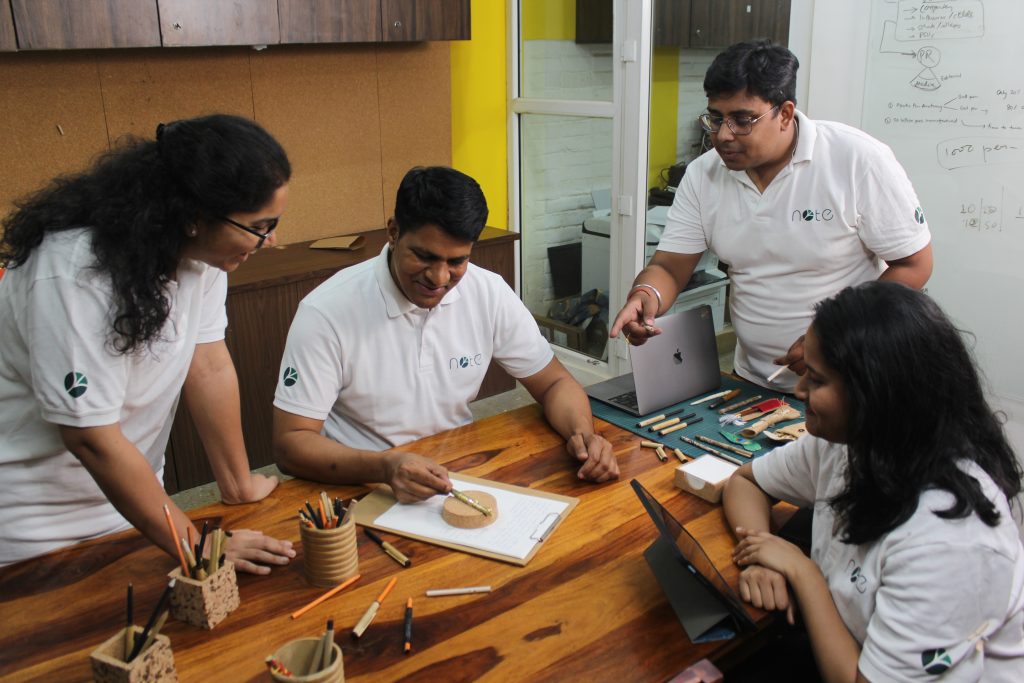
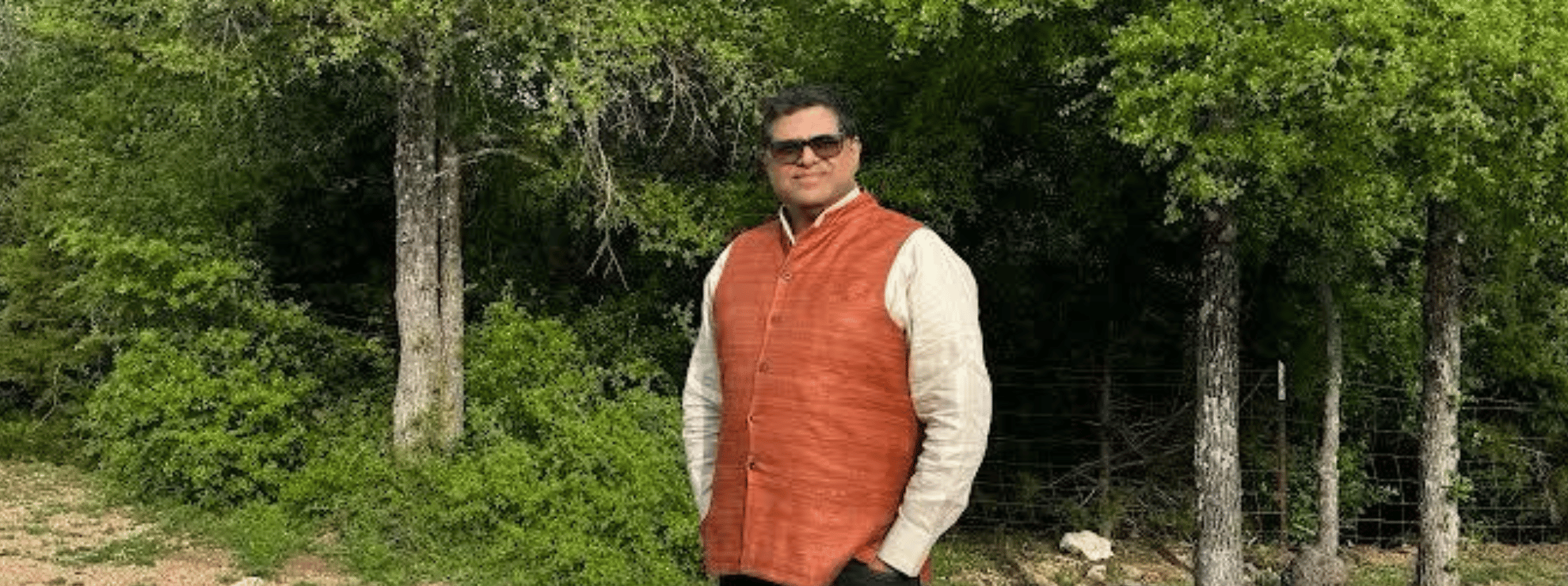
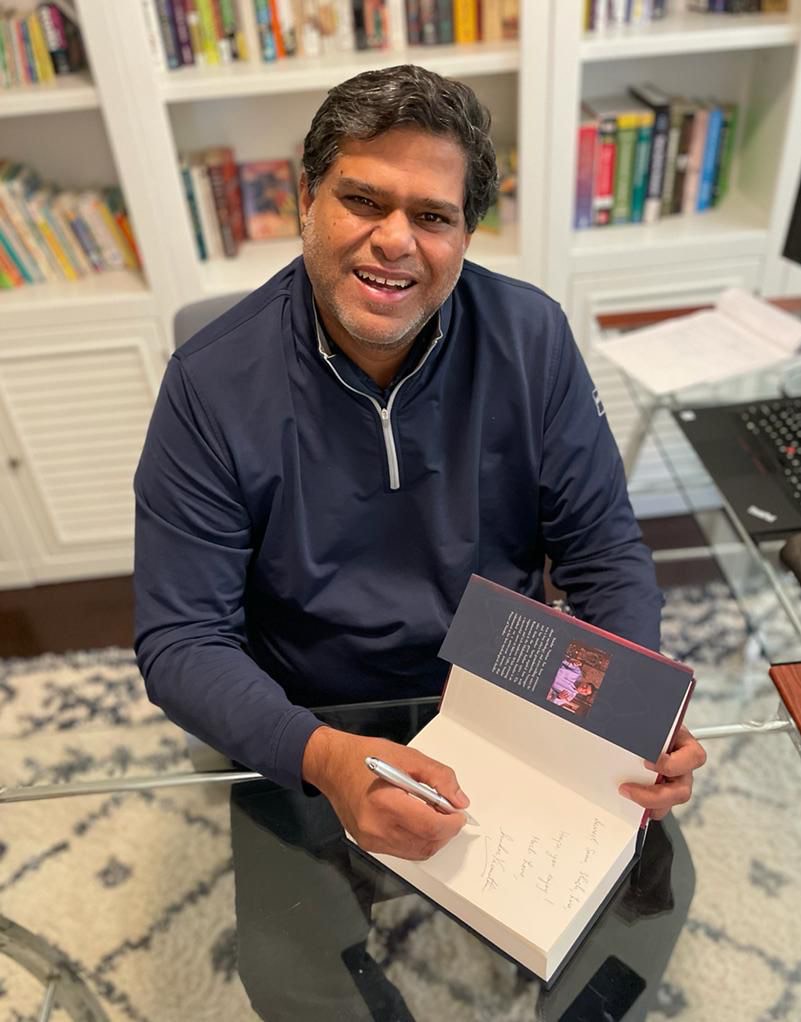 Sundar Nathan[/caption]
Sundar Nathan[/caption]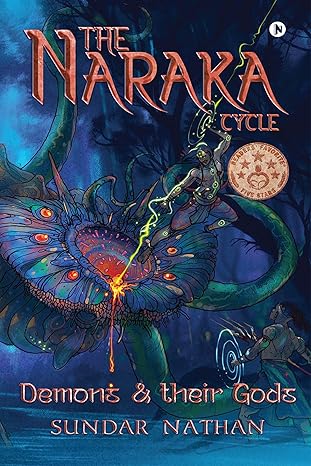 Book 2 of
Book 2 of 
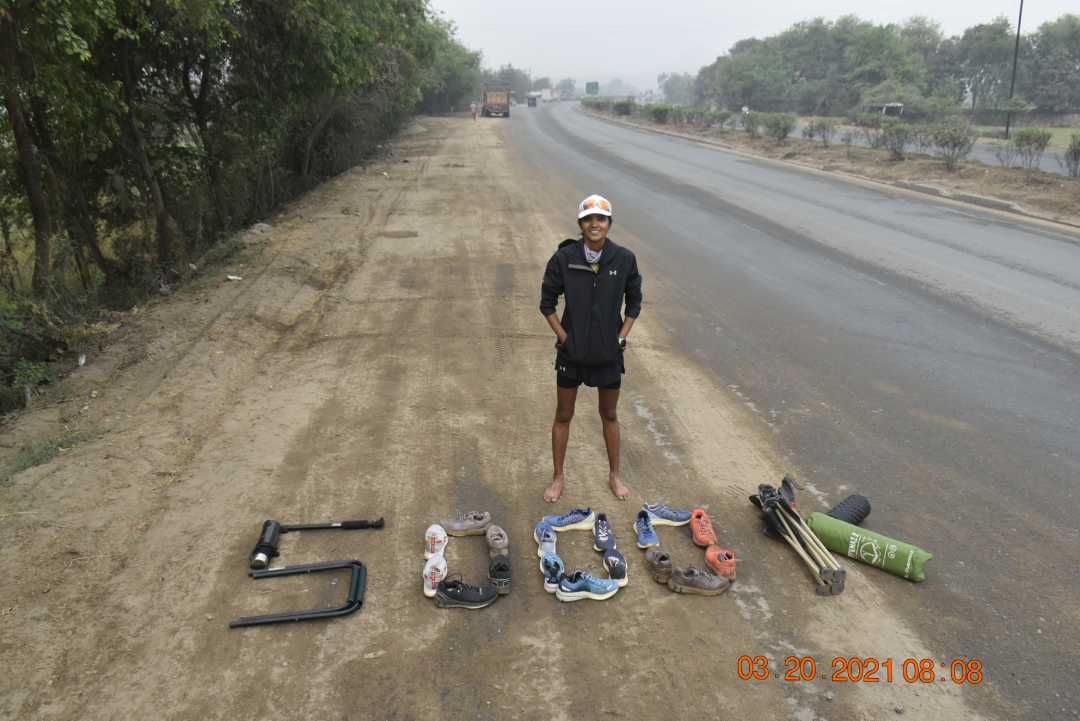

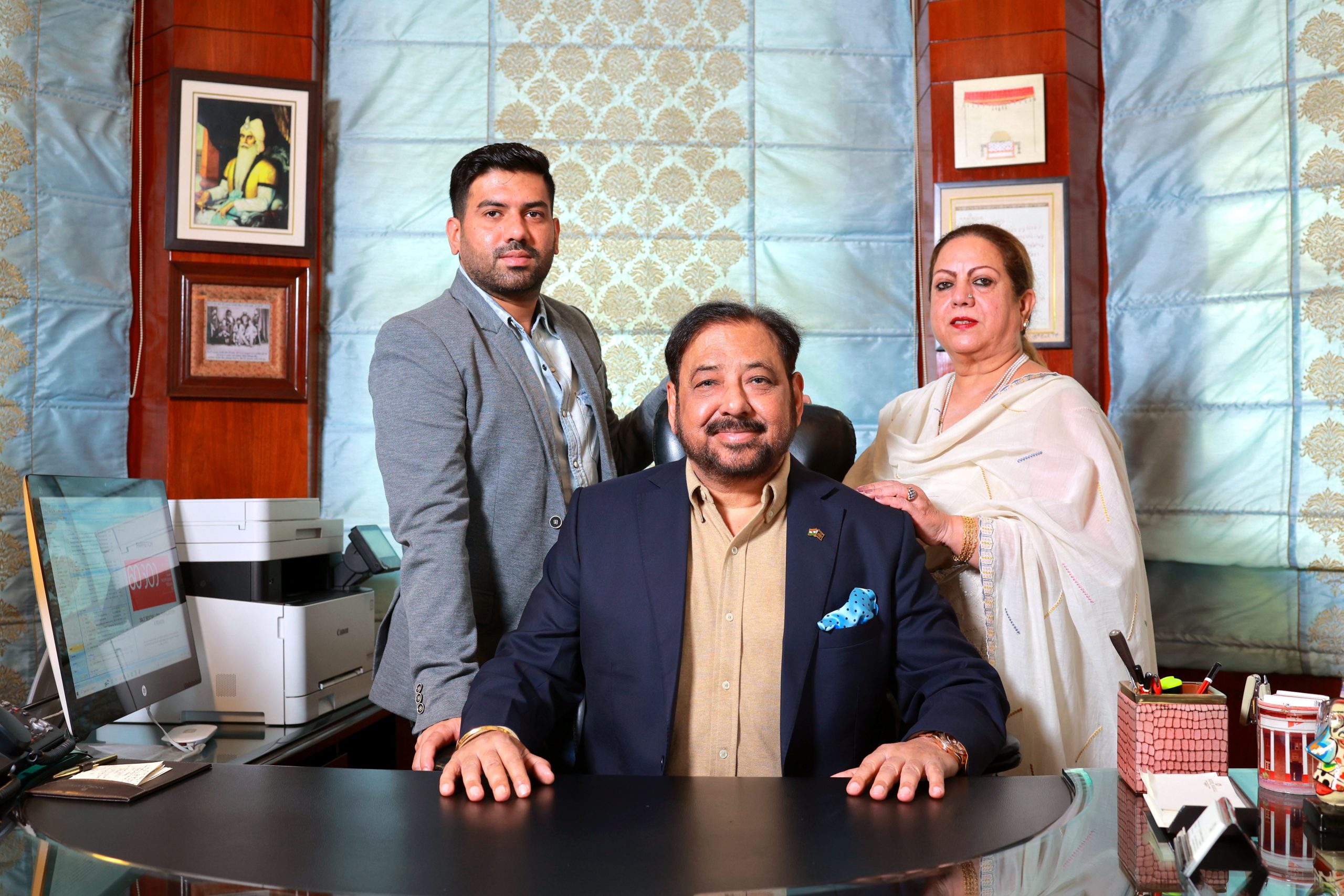 (L-R) Roop Partap Choudhary, Col. Manbeer Choudhary and Binny Choudhary[/caption]
(L-R) Roop Partap Choudhary, Col. Manbeer Choudhary and Binny Choudhary[/caption]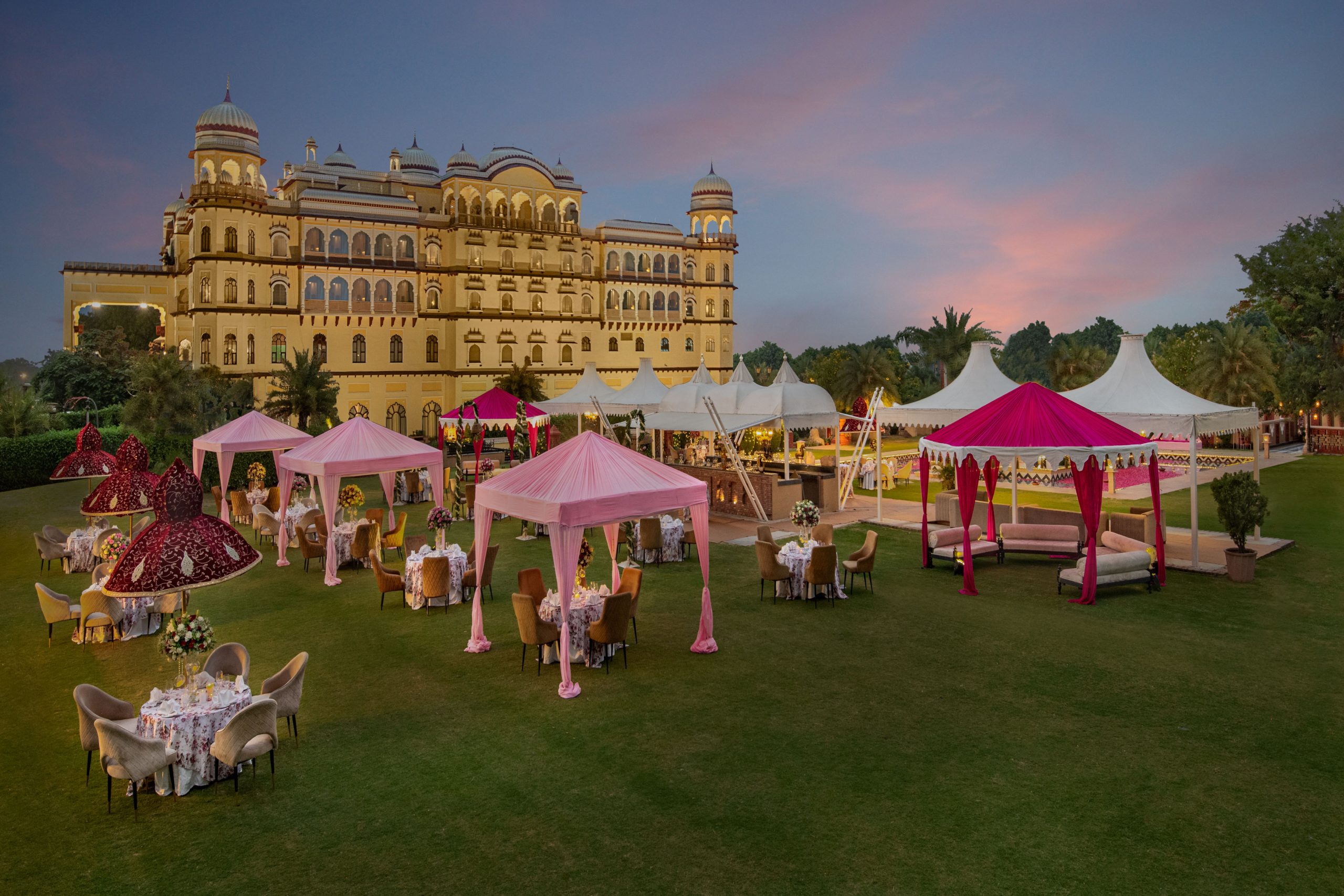 Noormahal Palace, Karnal[/caption]
Noormahal Palace, Karnal[/caption]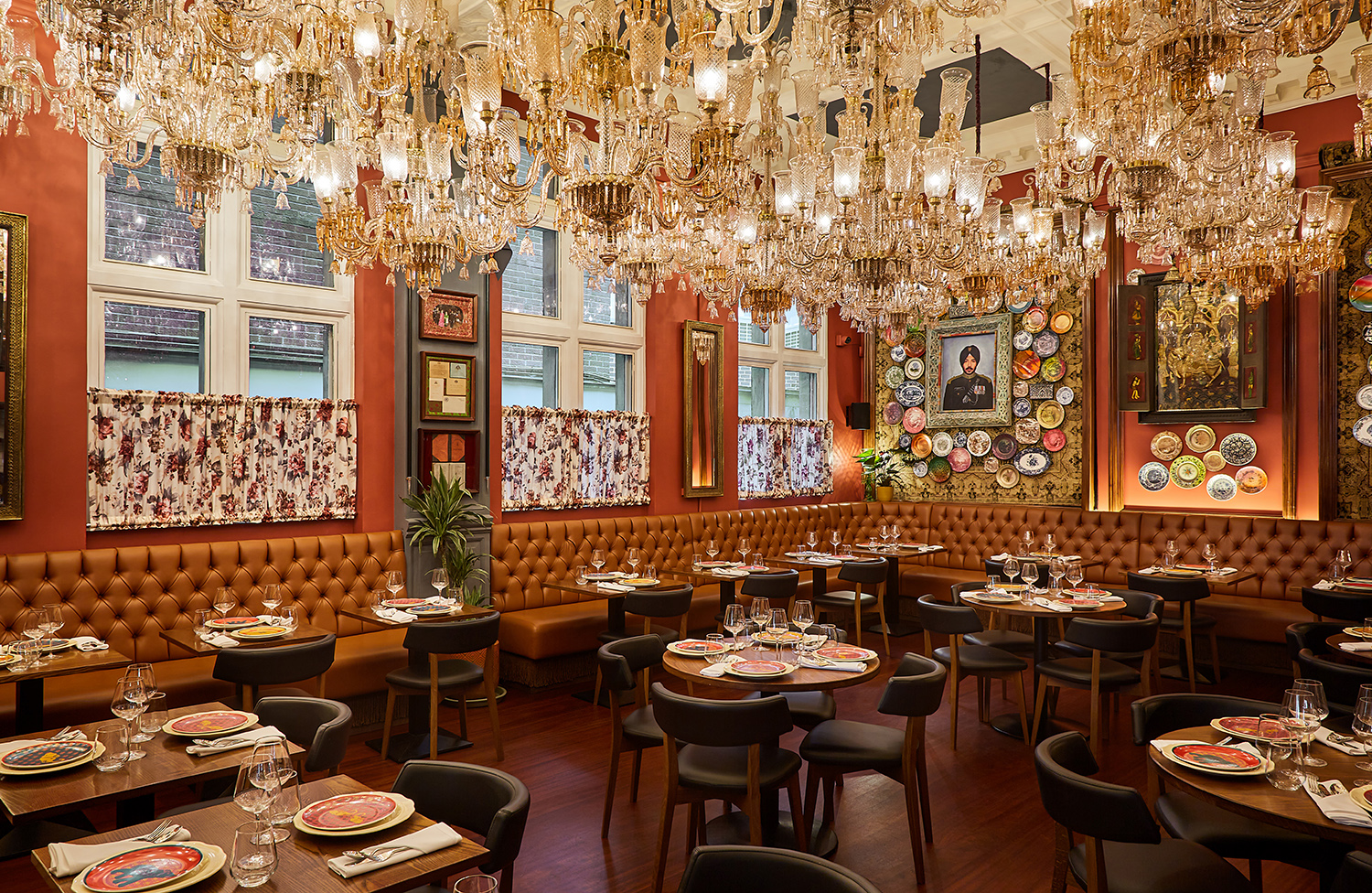 Colonel Saab, London[/caption]
Colonel Saab, London[/caption]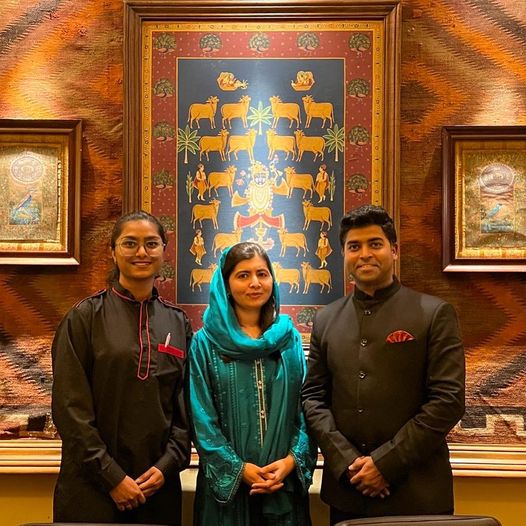 Nobel Peace Prize laureate, Malala Yousafzai at Colonel Saab, UK[/caption]
Nobel Peace Prize laureate, Malala Yousafzai at Colonel Saab, UK[/caption]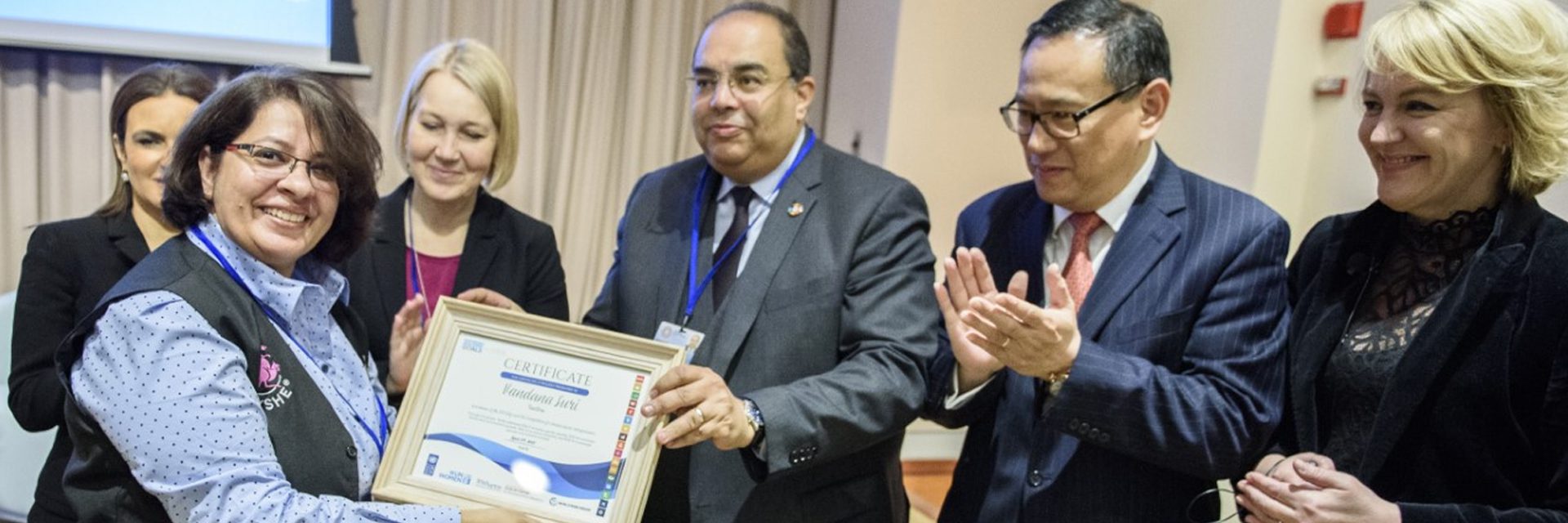
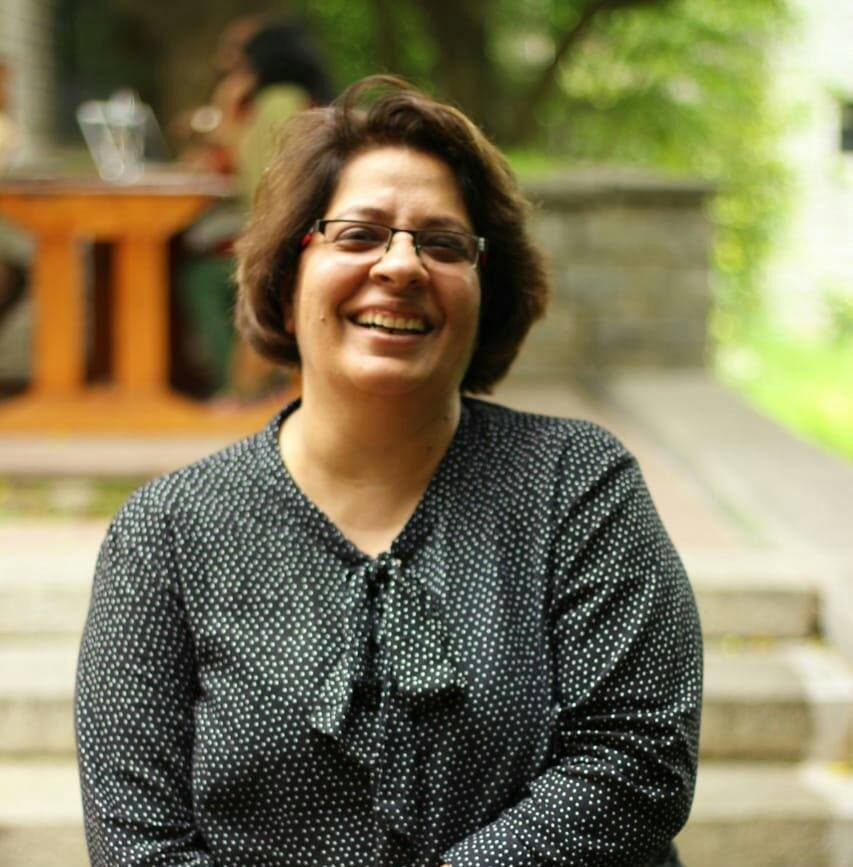 Vandana Suri, Founder, Taxshe[/caption]
Vandana Suri, Founder, Taxshe[/caption]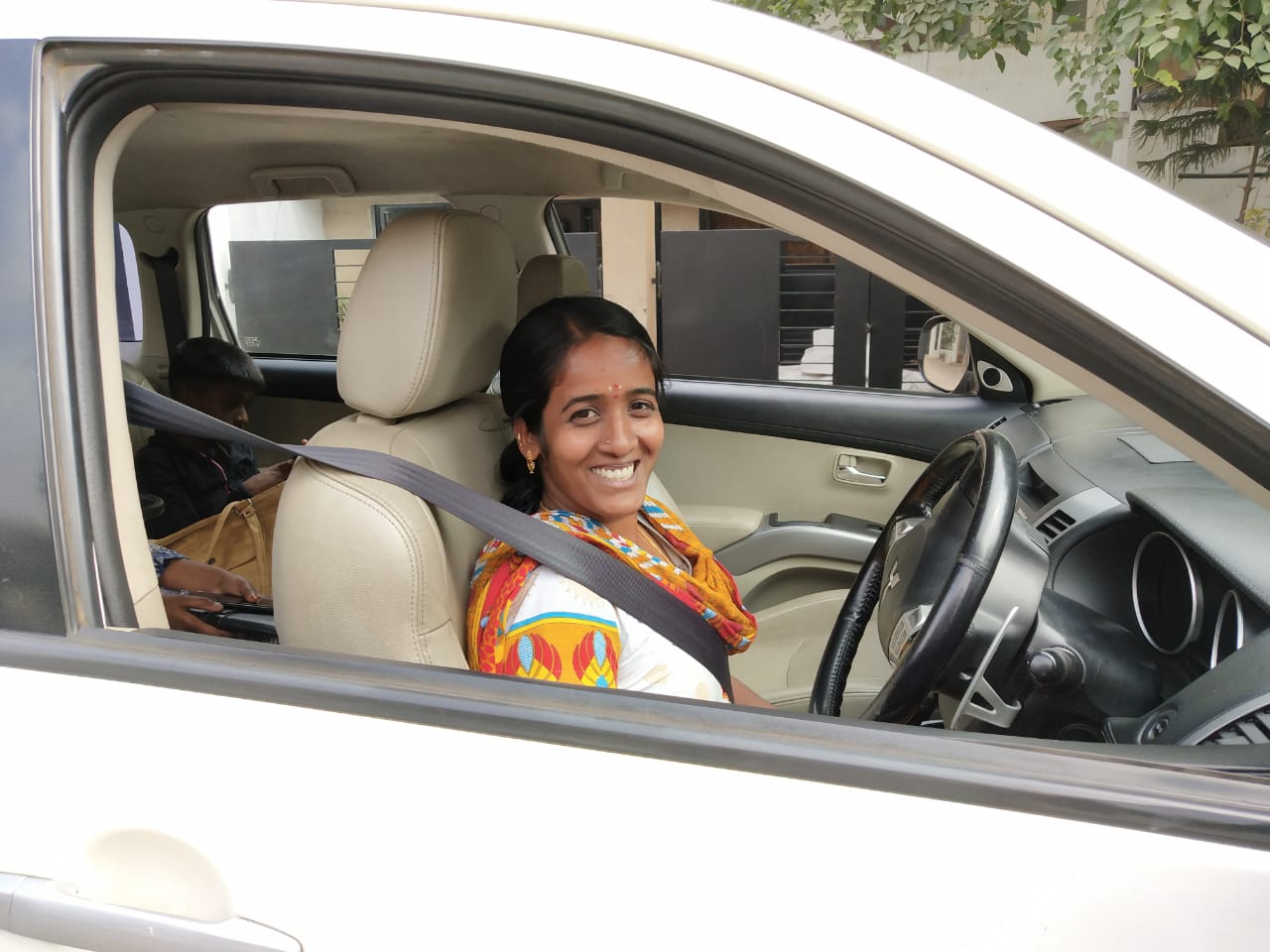 A woman driver of Taxshe[/caption]
A woman driver of Taxshe[/caption]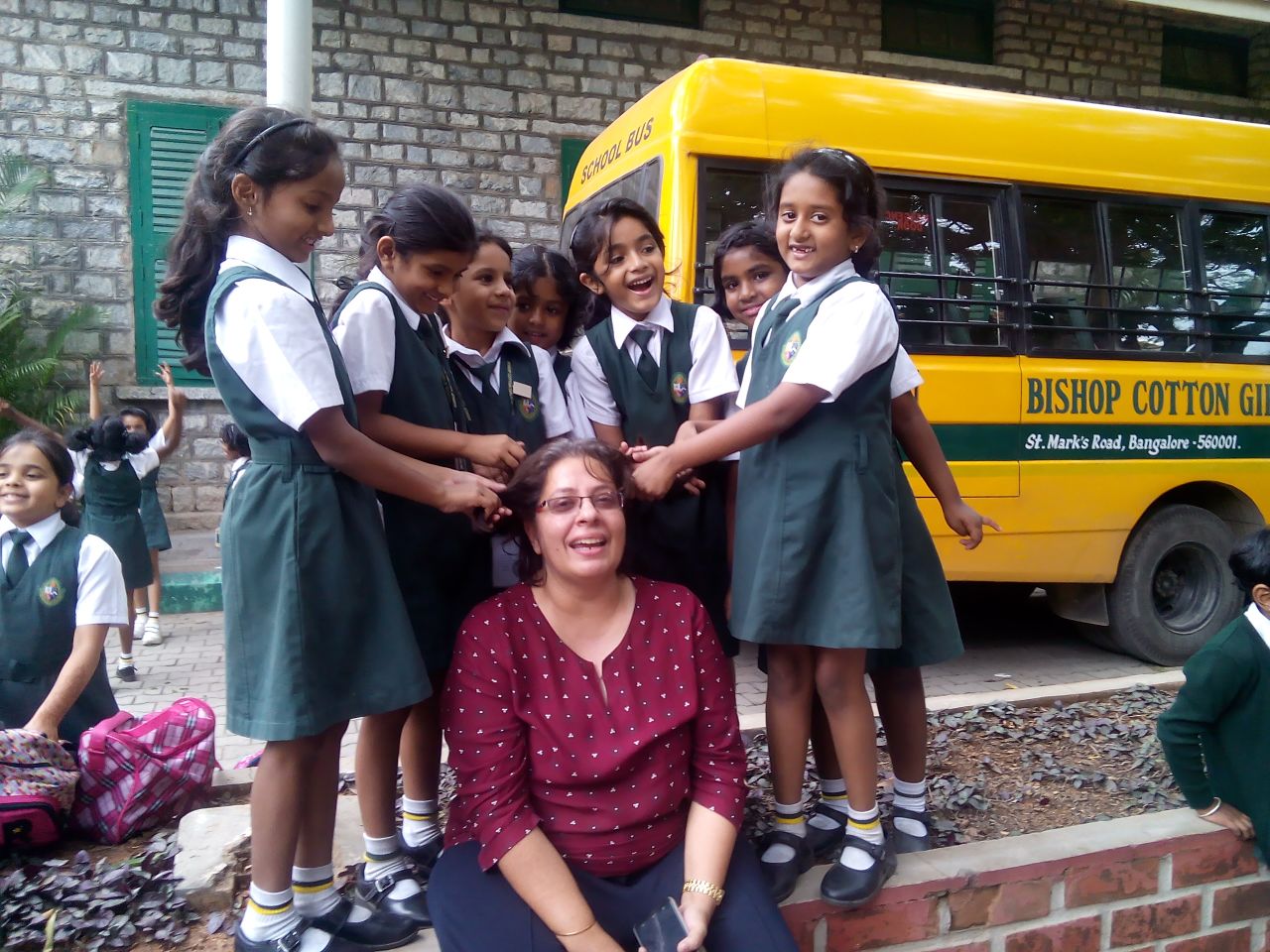 Forever happy with kids[/caption]
Forever happy with kids[/caption]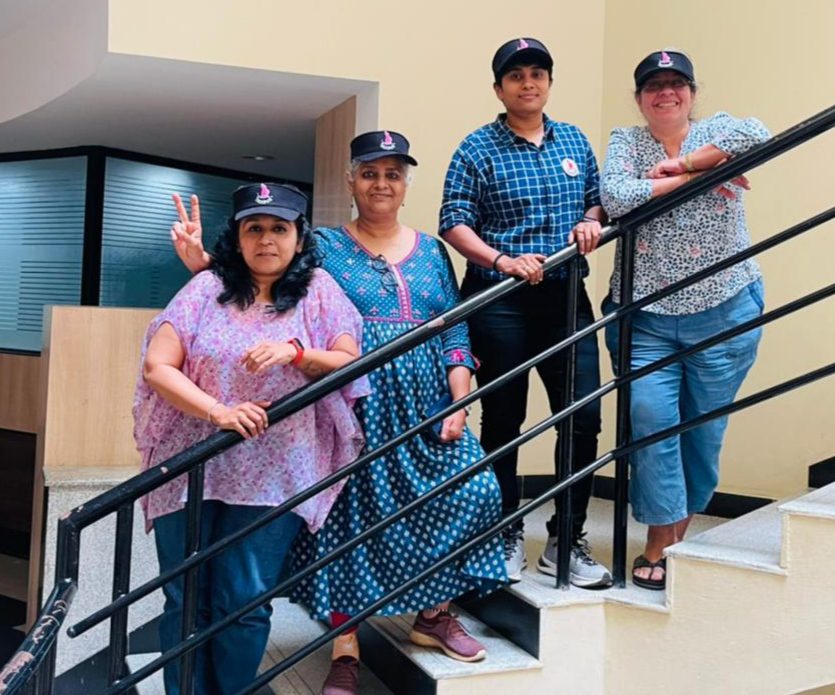 Vandana with the Taxshe Breakfree team[/caption]
Vandana with the Taxshe Breakfree team[/caption]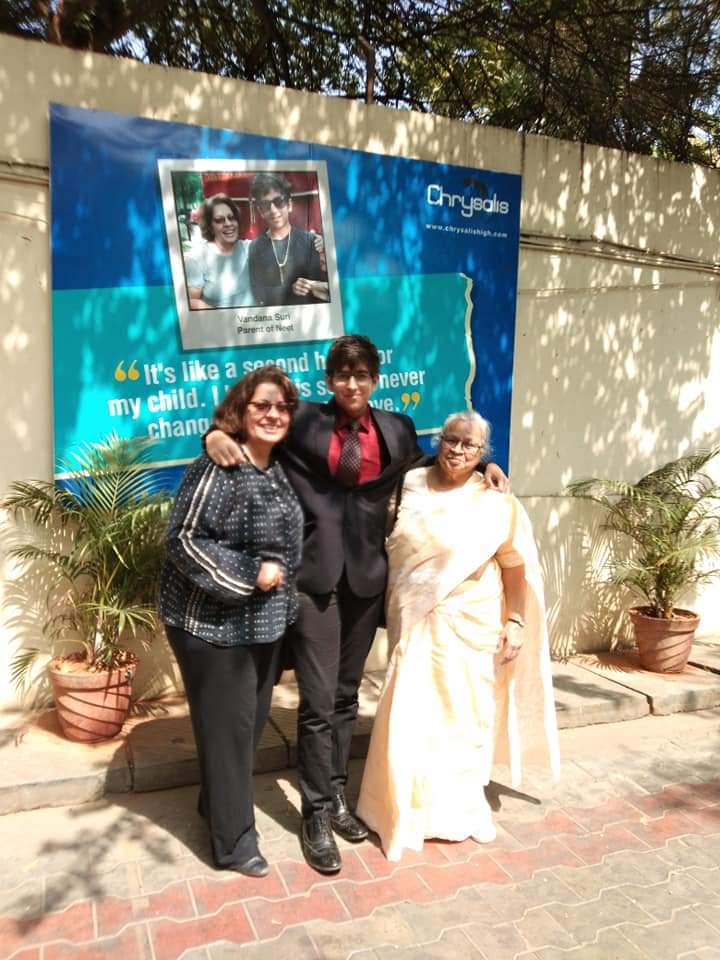 Vandana with her mother and son[/caption]
Vandana with her mother and son[/caption]